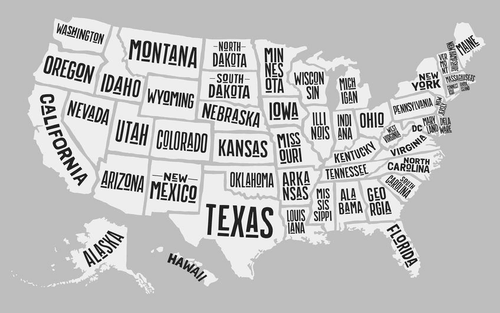Long-Arm Jurisdiction
“Long-arm jurisdiction” refers to a court’s ability to exercise personal jurisdiction over a nonresident. In normal-people speak, a nonresident is a person or company that lives or exists outside the borders of North Dakota. Personal jurisdiction is the court’s ability to bring that person or company into a lawsuit within the borders of North Dakota. Imagine the court in Fargo literally using a long arm to reach outside North Dakota’s borders to pluck that company from its home state (say, Nebraska) and bringing that company back to the courtroom here.
There is a two-part test for the court to exercise personal jurisdiction over a nonresident defendant:
- Whether North Dakota’s long-arm provision of Rule 4(b)(2) is satisfied; and
- Whether the exercise of personal jurisdiction is fair under due process of law.
Sufficient Minimum Contacts
Rule 4(b)(2) of the North Dakota Rules of Civil Procedure states a court may exercise personal jurisdiction over a nonresident when the nonresident has “such contact with [North Dakota] that the exercise of personal jurisdiction over the person does not offend against traditional notions of justice or fair play or due process of law[.]” In order for the nonresident to qualify, the nonresident must have sufficient minimum contacts with North Dakota. “Sufficient minimum contacts” are illustrated in Rule 4(b)(2) and include a company transacting any business in this state.
The phrase “transacting any business in this state” is given a broad interpretation and may apply to a nonresident who makes a contract to perform work in North Dakota or provides goods and services in North Dakota. The list is long. Really, the test for transacting business is whether the nonresident deliberately engaged in activities in North Dakota and benefited from conducting business here.
Due Process Considerations
The court must determine whether the exercise of personal jurisdiction over a nonresident comports with due process. The question of personal jurisdiction is one of fairness. Due process is satisfied when the nonresident has reasonable notice that a lawsuit is commenced against the nonresident and the nonresident had sufficient minimum contacts with North Dakota. Would it be fair to require the nonresident to travel to North Dakota to defend against the lawsuit? If yes, then personal jurisdiction exists.
One isolated contact with North Dakota may not be enough. Instead, the nonresident’s conduct and connection with North Dakota are determinative factors. If the nonresident should reasonably expect that its conduct involves any person, company, law, or regulation in North Dakota, the nonresident can be brought to court here. Again, it comes down to fairness. Each determination by the court will depend on the facts of that particular case.
Contact SW&L
If you have questions about how to bring a lawsuit against an out-of-state individual or company, please contact us!










